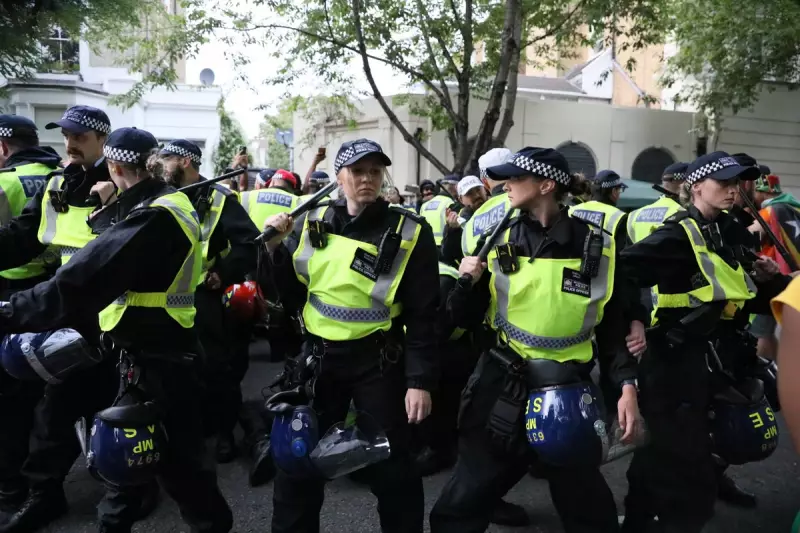
The deployment of live facial recognition (LFR) technology by UK police forces has ignited a heated debate over civil liberties and racial profiling. The case of Shaun Thompson, a Black man wrongfully flagged by the system, underscores the potential dangers of unchecked surveillance.
The Incident That Sparked Outrage
Shaun Thompson was stopped by police in London after an LFR system mistakenly identified him as a person of interest. The incident, which occurred in a busy public area, has raised questions about the accuracy and fairness of the technology, particularly for people of colour.
Privacy vs. Security
While authorities argue that LFR is a vital tool for crime prevention, civil rights groups warn of its chilling effect on public freedoms. Critics point to studies showing higher error rates for non-white faces, suggesting systemic bias in the algorithms.
Legal and Ethical Concerns
The UK currently lacks comprehensive legislation governing LFR use, leaving a legal grey area. Privacy advocates are calling for:
- Strict oversight of police surveillance
- Transparency in algorithm development
- Public consultations before deployment
As the technology becomes more widespread, the balance between security and individual rights remains precarious.





